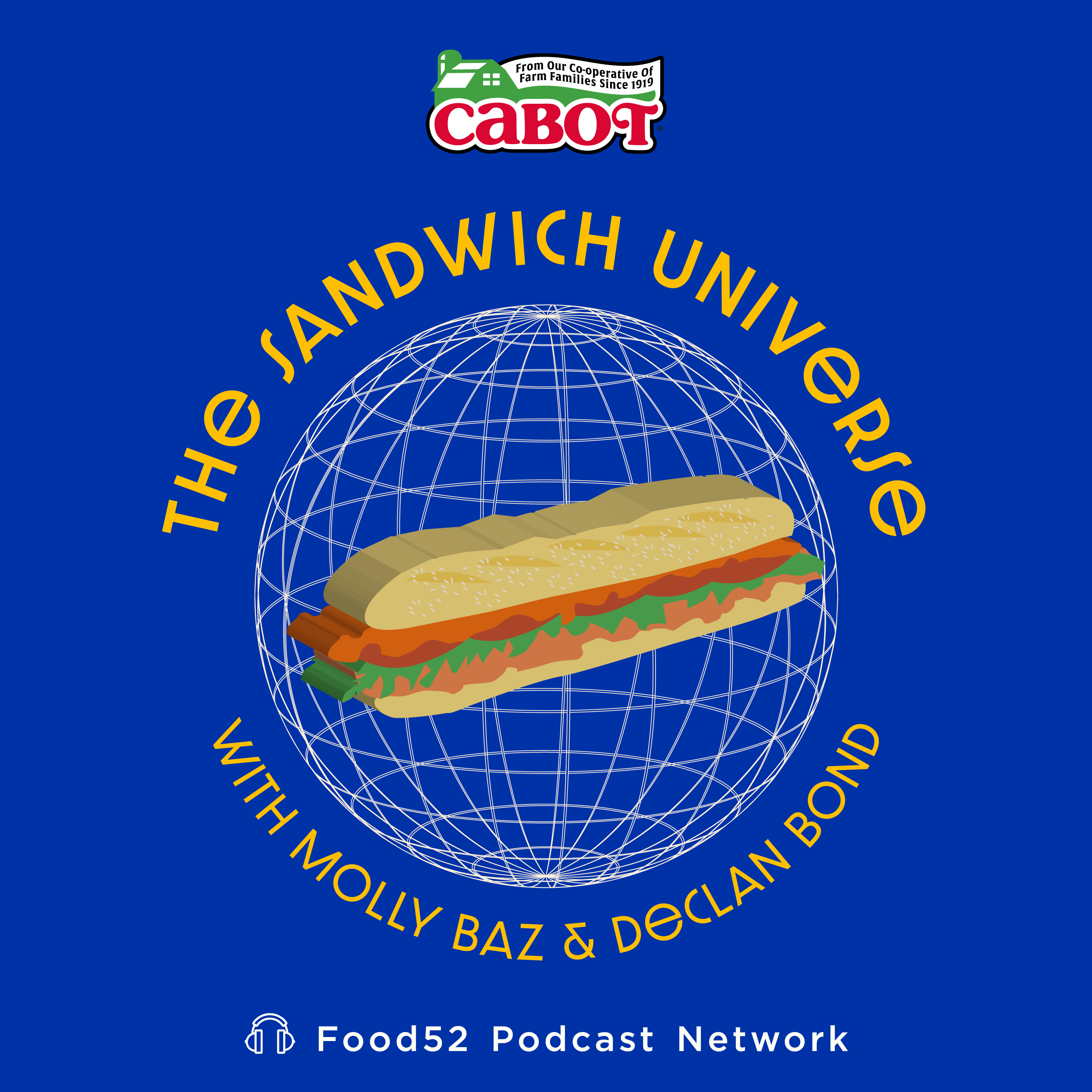
Join The Sandwich Universe co-hosts (and longtime BFFs) Molly Baz and Declan Bond as they dive deep into beloved, iconic sandwiches.
Listen NowPopular on Food52
Continue After Advertisement
10 Comments
Mary J.
January 5, 2015
In the 50s my mom put bacon in her colcannon. And she said you could only make it in the fall when the potatoes were freshly harvested.
Erin A.
March 19, 2014
This was, hands-down, the best colcannon I've ever had. Which might not be saying much, since I used to make colcannon in college by boiling all elements and mashing with a tiny bit of milk. But it is saying a lot. We made it for St. Paddy's, and enjoyed ourselves mightily. The kids, however, were not amused. Not sure why...but I hope they grow into it, since I plan on making it as a regular winter comfort dish. Thanks!
john
March 17, 2014
My mum's from Dublin and always made this using kale not cabbage. Don't know why.
cucina D.
February 28, 2014
I have never heard of this recipe and I am certainly going to make it soon. Love the combination of ingredients and I know my famiglia will love it too... thanks for sharing.
AntoniaJames
February 27, 2014
Recipes that "read like they were written by a lawyer who dabbles in some cooking"? Ouch. ;o)
Fairmount_market
February 27, 2014
Well clearly some lawyers can write incredibly thoughtful and patient recipes that evoke the whole essence and point of a dish. Keep them coming!
Summer O.
February 27, 2014
We just made this last Friday, it was a hit. I had never had it before, we will certainly make it again.
fiveandspice
February 27, 2014
I plead the 5th. :) I do love Elizabeth David, and wish that recipes could be written more in that style, and I think you're right with pretty much all the reasons you've listed for why they aren't anymore! The Old World Kitchen - particularly the bit about selecting foie gras - reminds me of this antique Norwegian cookbook my mom has in which the recipe for roast goose starts by giving instructions on selecting your goose, slitting its throat, and draining its blood, with the handy tip that the blood - mixed with a splash of vinegar - can be used to clean your kitchen floors. (????)
Kristen M.
February 27, 2014
Emily, after tasting this at our photo shoot, I must say it is really the best colcannon I can imagine.
Nicholas D.
February 27, 2014
1) It's really good! 2) So that's why my kitchen floor is never clean!
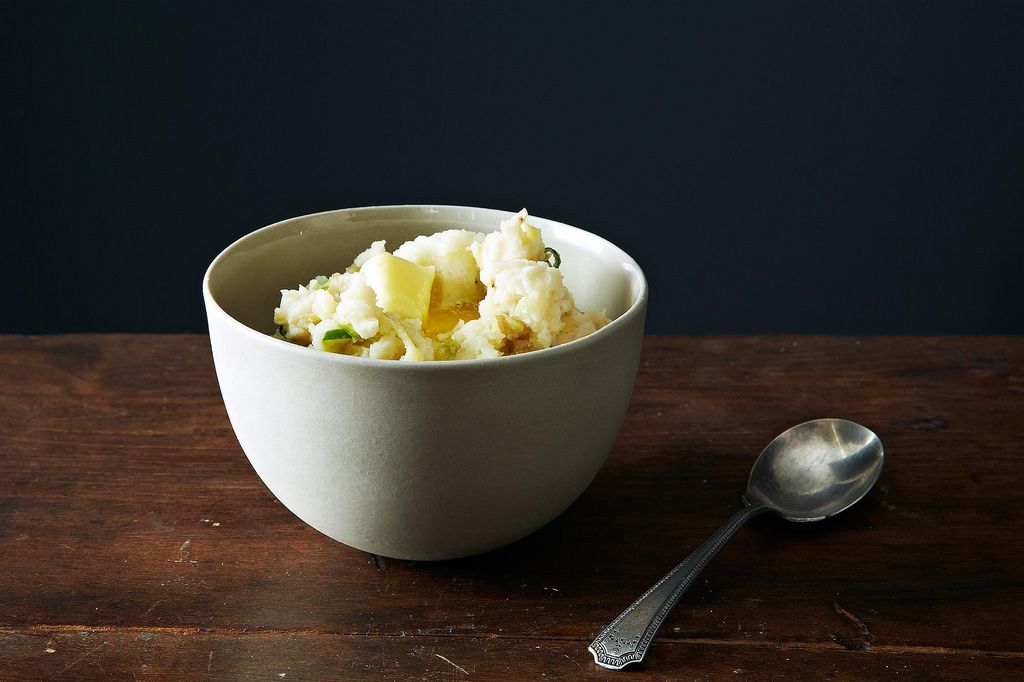
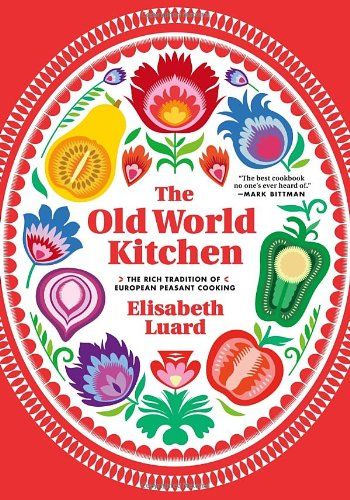
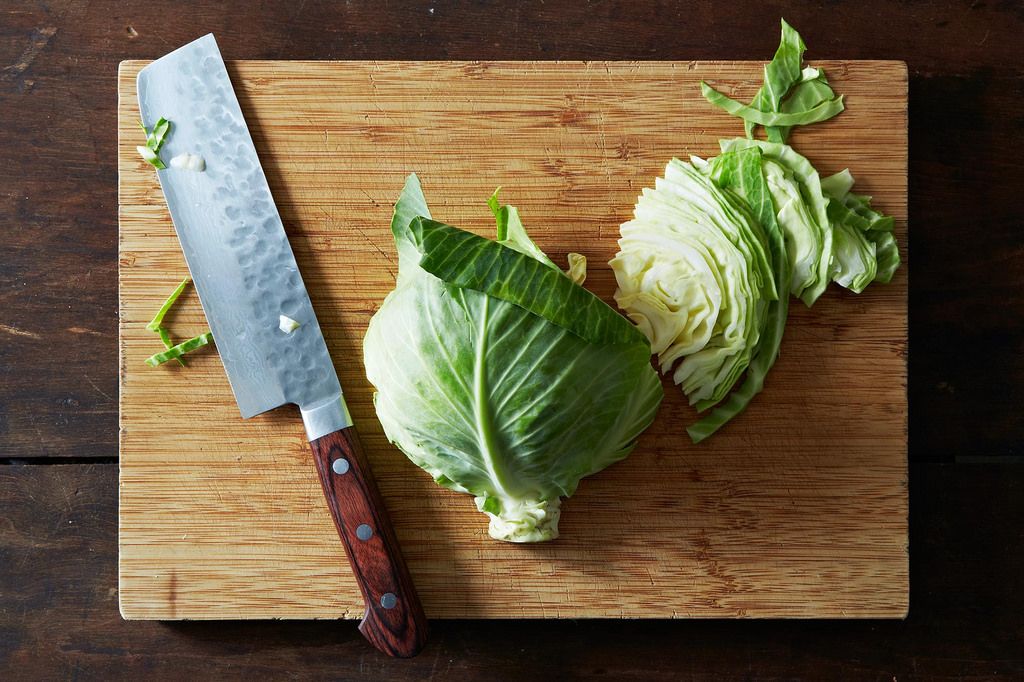
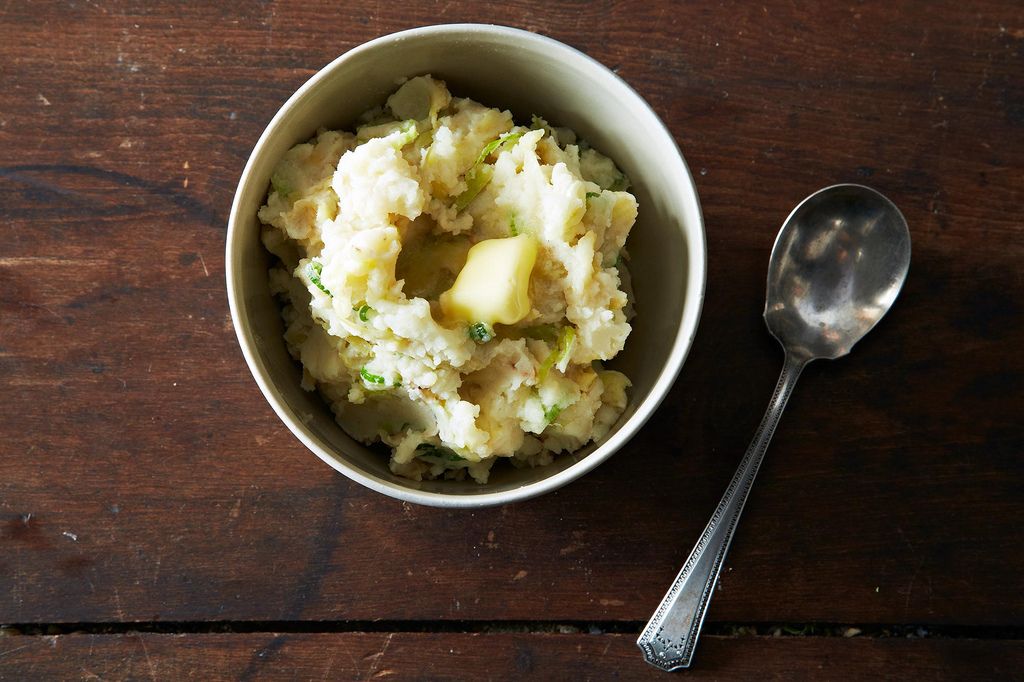

See what other Food52 readers are saying.